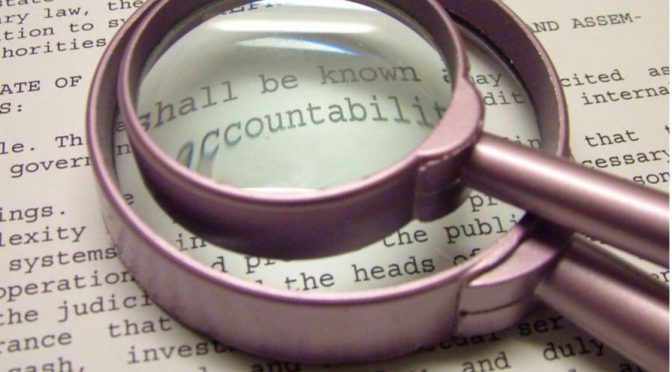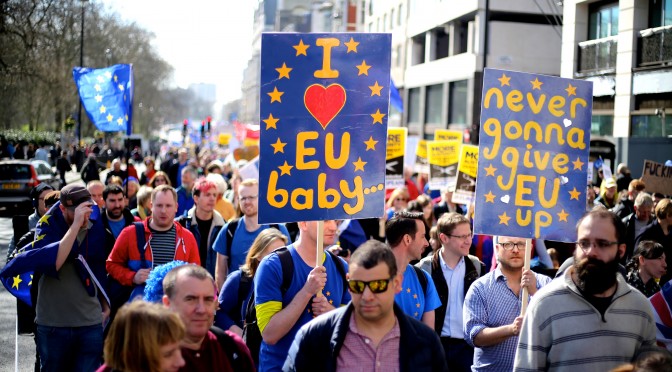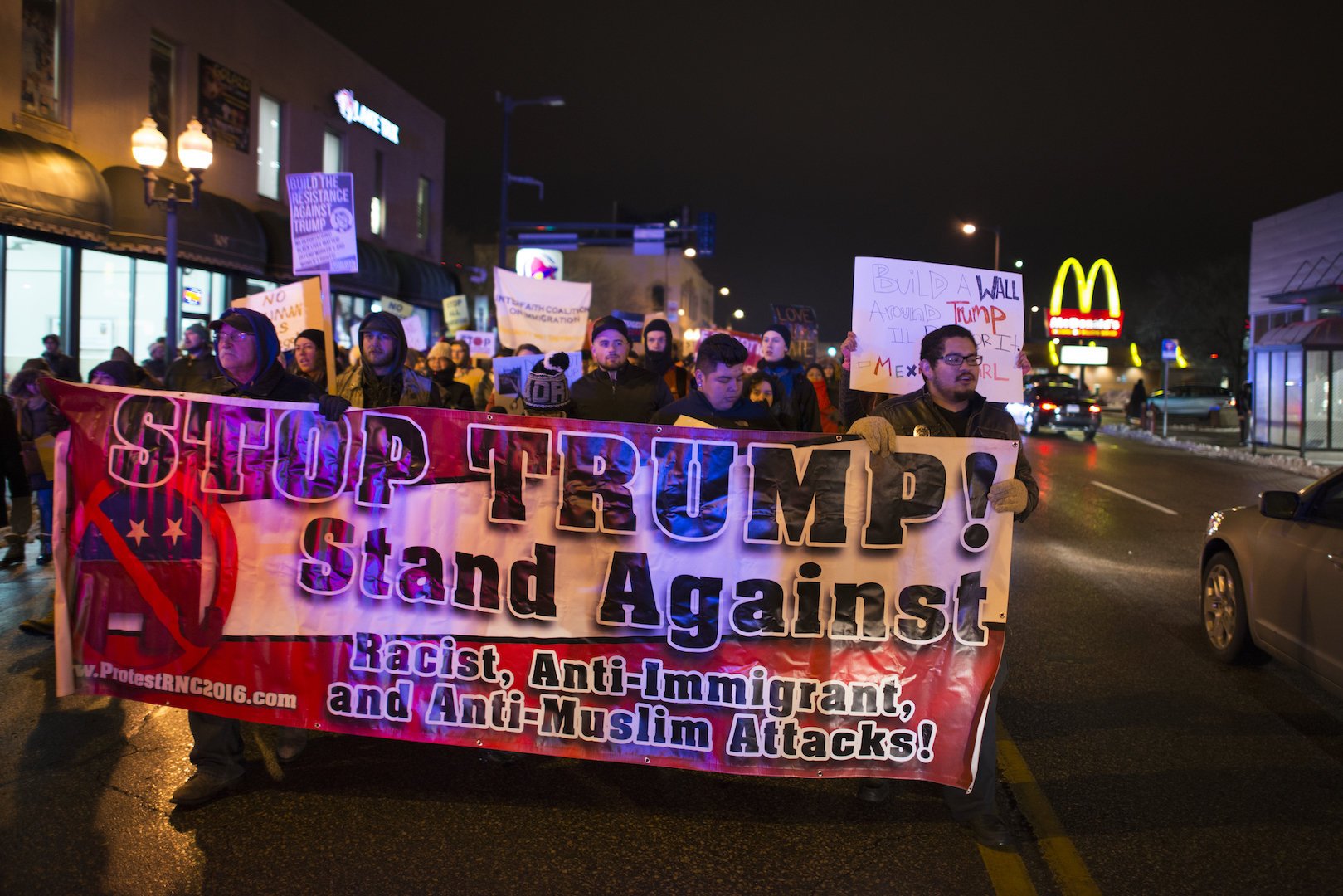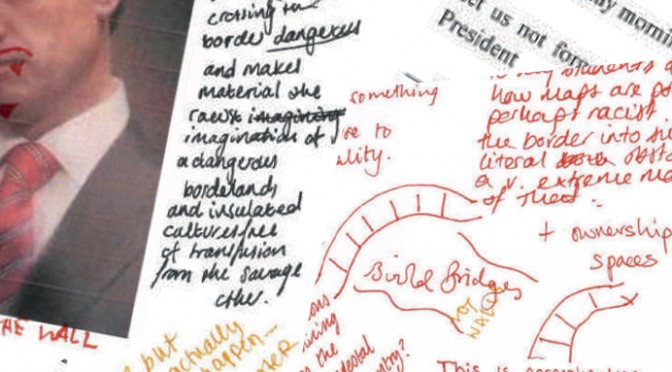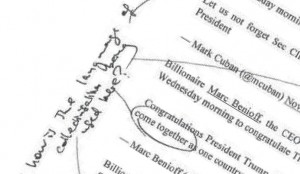by Clare Birchall, Department of English
The words “Trump” and “transparency” don’t often appear together. Administrative transparency isn’t something Trump promised during his campaign, and it hasn’t been on the agenda in the last year. Yet the term has begun to turn up recently in communications from the Trump camp.
In July, referring to the Commission on Election Integrity, Trump claimed that the “voter fraud panel”, as he called it, would be a “very transparent process . . . very open for everybody to see.” The American Civil Liberties Union begs to differ. It has lodged a legal complaint stating that the commission has violated “the non-discretionary transparency and public access requirements” of the Federal Advisory Committee Act by holding “its first meeting without public notice; without making that meeting open to the public; and without timely notice in the Federal Register.” Trump also used the word “transparent” to describe his eldest son’s response to accusations that he had failed to disclose meetings with Russians during the presidential campaign.
On July 12, 2017, @RealDonaldTrump tweeted: “My son Donald did a good job last night. He was open, transparent and innocent. This is the greatest Witch Hunt in political history. Sad!”
These examples suggest that Trump hasn’t fully understood – or has wilfully misunderstood – the meaning of transparency and what it would take, in practice, to achieve it.

